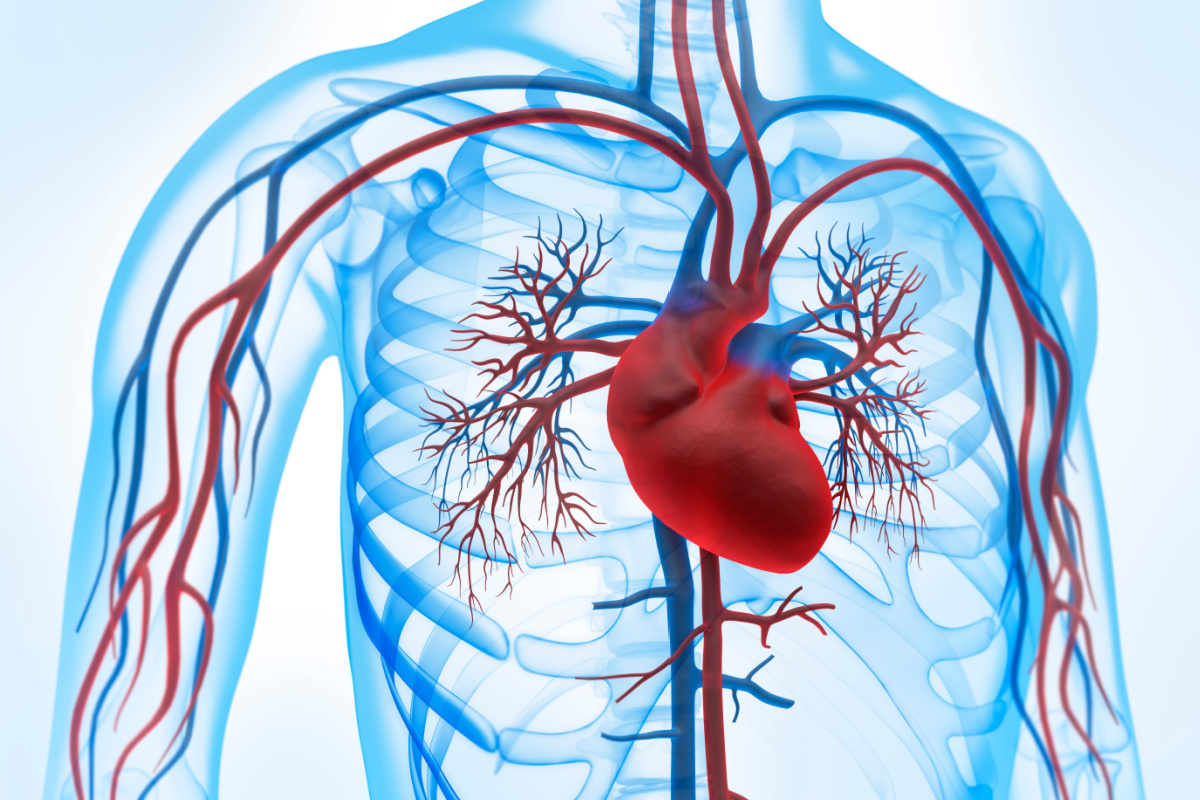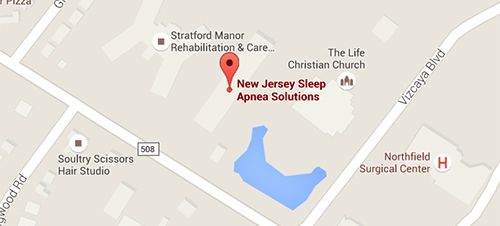Sleep Apnea and Heart Heath: Understanding the Connection
Submitted by New Jersey Snoring Solutions on Tue 09/26/2023 - 09:00

While sleep apnea is often associated with disruptive symptoms, such as snoring, depression, and trouble concentrating in the daytime, did you know that this condition is also linked to other serious health issues? Untreated sleep apnea can increase the risk of serious conditions related to the heart; therefore, it is important to understand the connection and your treatment options. Dr. Ivan Stein and Dr. Allan Stein of New Jersey Sleep Apnea Solutions are committed to providing the best, most effective treatment for your sleep apnea. Ahead, learn more about the dangers that sleep apnea can present to your heart health.
Poor Sleep Quality and Heart Health
Sleep apnea is responsible for continuous interruptions in breathing and makes it difficult for your body to get proper amounts of oxygen during the night. These occurrences can each last for several seconds and can drastically reduce your quality of sleep. One of the many goals of sleep is to allow the body to recuperate. During sleep, both the heart rate and blood pressure decrease as the body rests. Interruptions in sleep mean the heart is not given sufficient time to recover from the day, thus raising your risk of serious heart-related conditions.
Straining the Heart
Due to sleep apnea, the heart is strained in many different ways. Consider the following:
Effects on the sympathetic nervous system: Whenever sleep apnea causes a person to stop breathing briefly, the oxygen level in the blood decreases. This leads to a natural response in the body that activates the sympathetic nervous system, which is most known for its role in responding to stressful situations by increasing heart rate and triggering a person to gasp for air.
Pressure changes: Breathing with sleep apnea can be difficult due to the narrowing of the airway. At night, sleep apnea may cause a person to inhale forcefully, which can lead to significant changes in chest pressure. As the condition persists, this pressure change can damage the heart and result in atrial fibrillation and heart failure.
Oxidative stress: Changes in oxygen level are common with sleep apnea during times when the individual is able to inhale successfully. After inhaling, oxygen is brought back into the lungs and nourishes the blood. However, this repeating fluctuation in oxygen level stresses the body and can contribute to heart disease.
Sleep Apnea Treatment in New Jersey
If left untreated, sleep apnea can jeopardize your heart health and quality of life. It is important to seek treatment right away to improve your symptoms and outlook. The team at New Jersey Sleep Apnea is ready to help you find relief from this condition. Contact us today to schedule an appointment.







